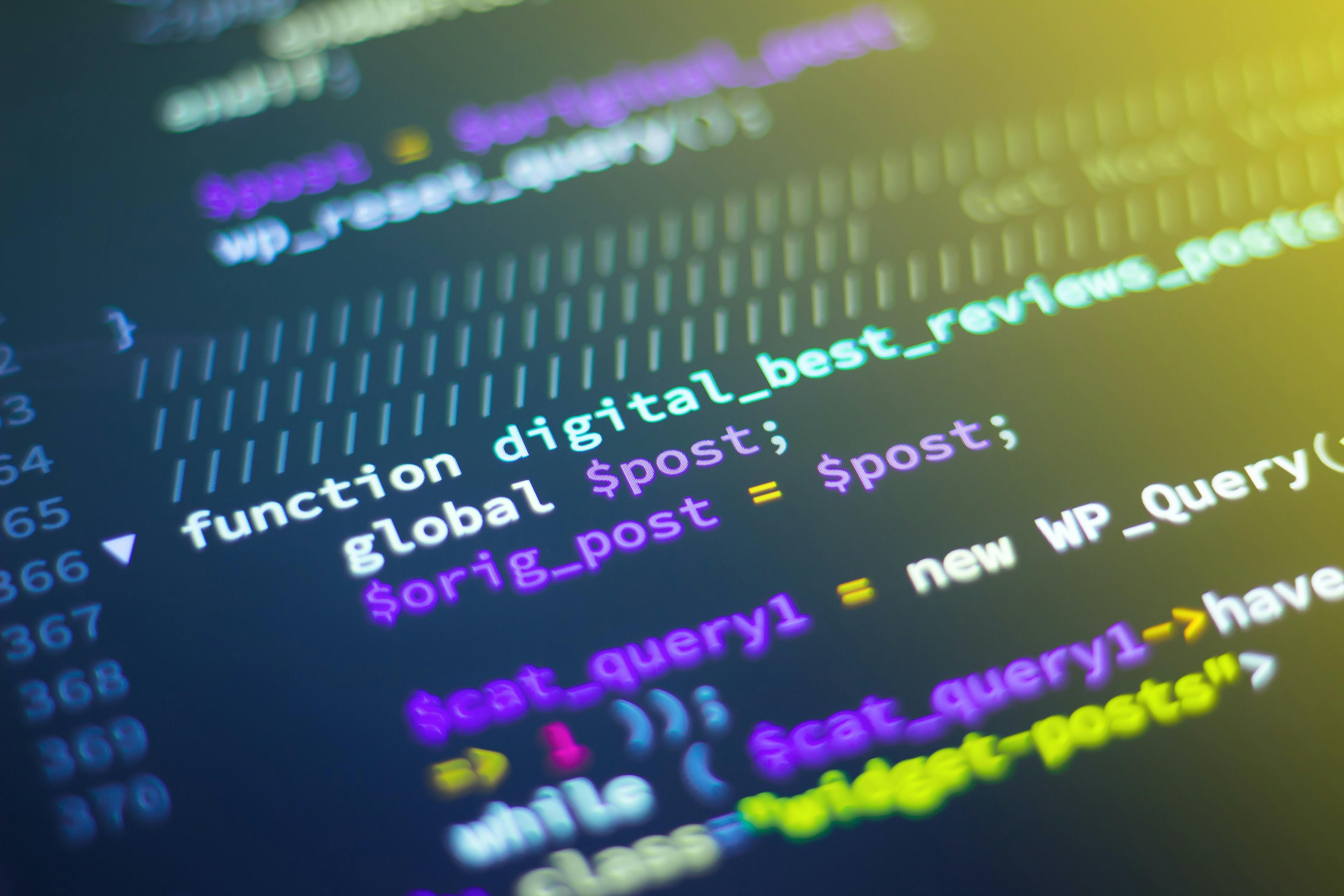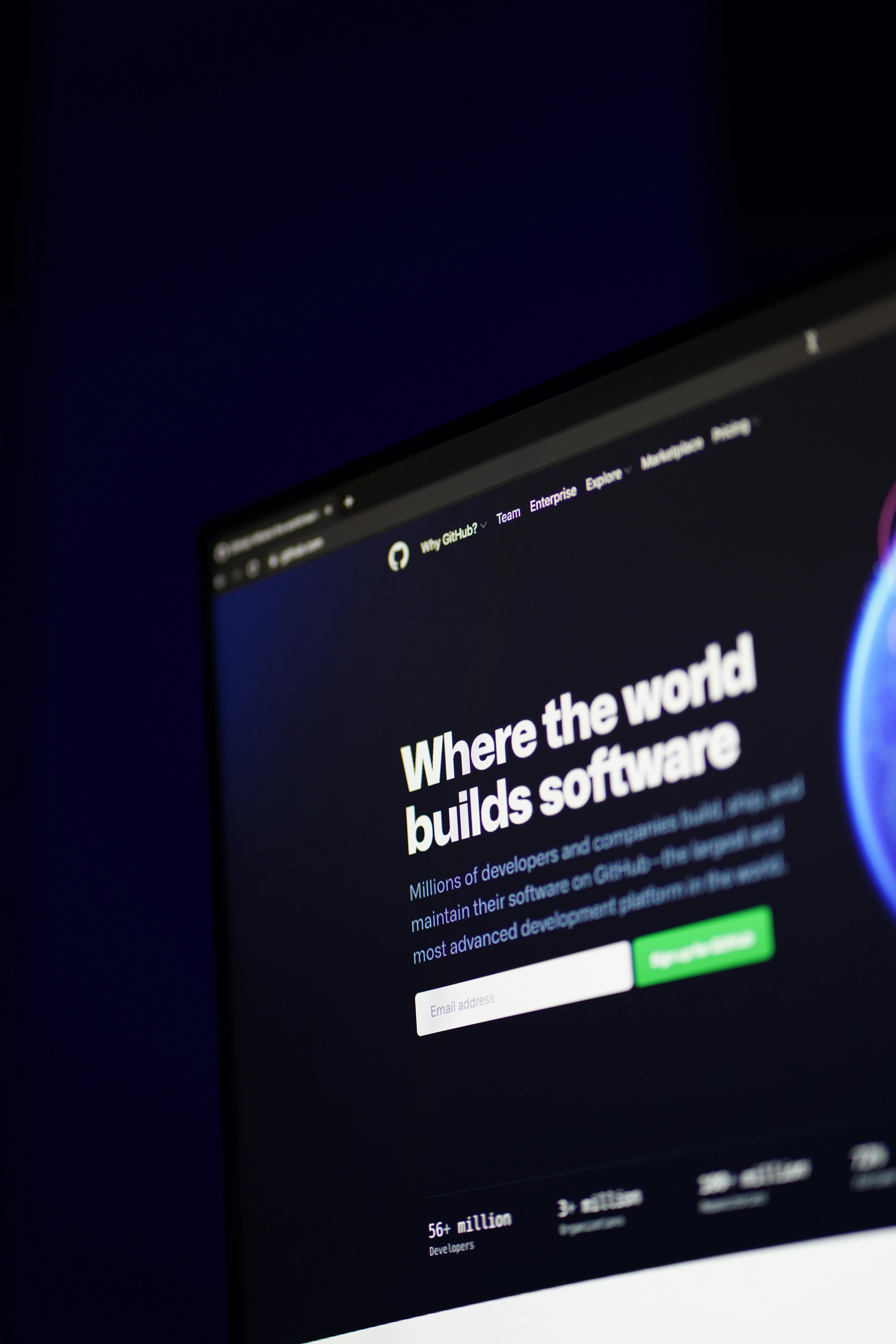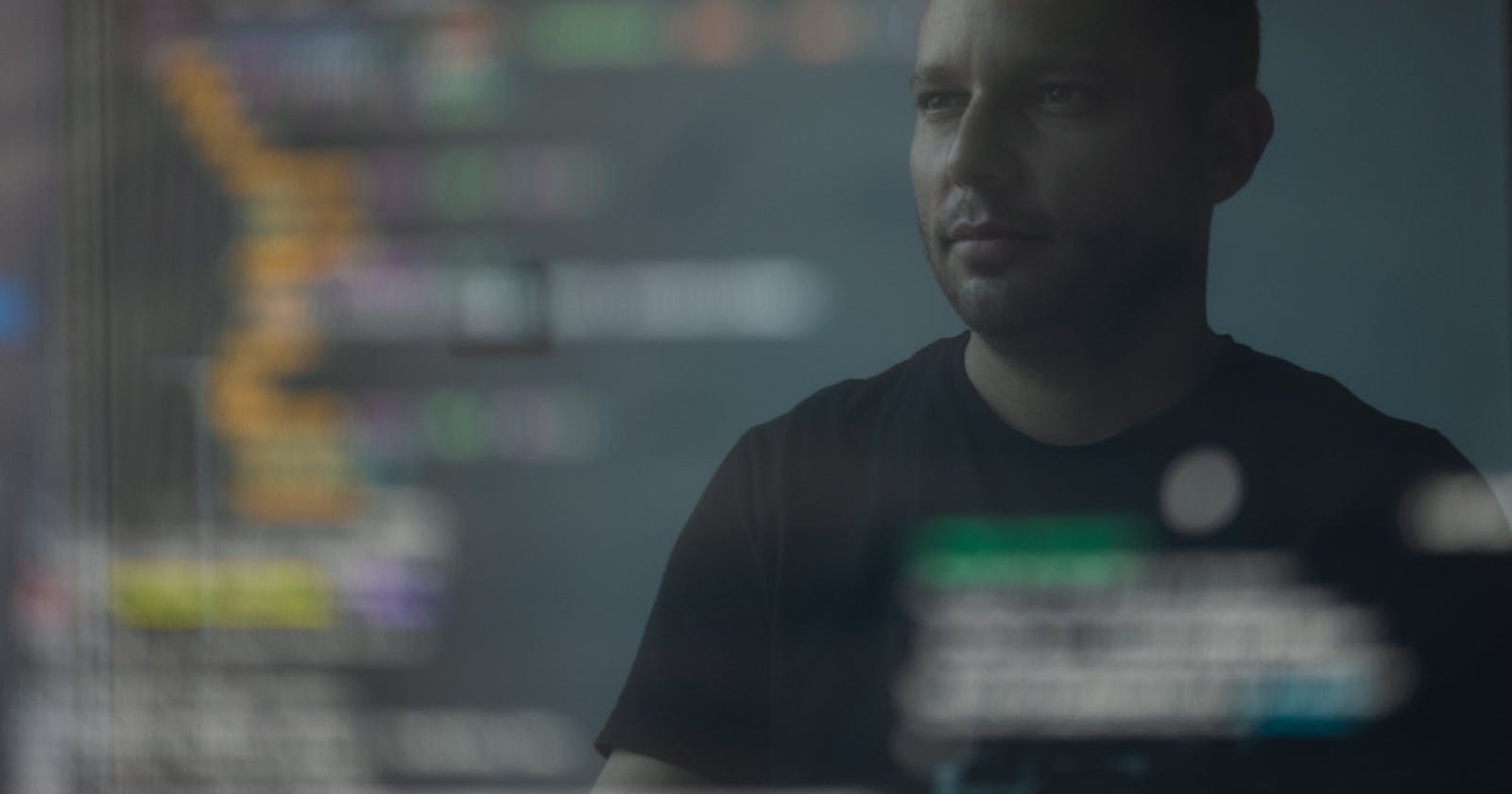Detailed advice for beginner programmers.
How to get started with programming?

Getting started with programming can seem intimidating, but it doesn't have to be. Here are some steps you can take:
Choose a language: There are many programming languages out there, each with its strengths and weaknesses. Choose a language that interests you and has a good community to support your learning. Some popular languages for beginners include Python, Java, and JavaScript.
Set up your environment: Install the necessary software and tools to start coding. This includes a code editor or integrated development environment (IDE), a compiler or interpreter, and any necessary libraries or packages.
Start with the basics: Learn the basic syntax and concepts of your chosen language. This includes variables, data types, conditional statements, loops, and functions.
Practice: Practice coding regularly and build simple programs to reinforce your knowledge. Start with small projects and gradually increase in complexity.
Learn from others: Join online communities or attend coding meetups to learn from other developers. Read programming blogs and watch tutorials to expand your knowledge.
Remember that programming is a skill that requires practice and patience. Don't be discouraged if you struggle at first - keep practicing and you'll see improvement over time.
Does doing open source help to become a better coder?

Yes, contributing to open source projects can be an excellent way to become a better coder. Here are a few reasons why:
Real-world experience: Contributing to open source projects gives you the opportunity to work on real-world code that is used by others. This can help you understand best practices, coding standards, and the importance of writing maintainable code.
Collaboration: Open source projects are often collaborative efforts, which means you'll be working with other developers and learning from them. This can help you develop your teamwork and communication skills, as well as expose you to different perspectives and approaches to problem-solving.
Exposure to new technologies: Open source projects often use cutting-edge technologies and frameworks. Contributing to these projects can help you stay up-to-date with the latest trends and technologies in your field.
Feedback and code reviews: Contributing to open source projects also means receiving feedback and code reviews from other developers. This can help you identify areas for improvement and learn from more experienced developers.
Should we learn Data Structures & Algo or not?
Yes, as a software developer, it's important to have a good understanding of data structures. Data structures are essential for efficient algorithms and help you organize and manipulate data in an efficient and meaningful way. Here are a few reasons why you should learn data structures:
Improved problem-solving skills: A good understanding of data structures can help you solve complex programming problems more efficiently. By knowing the right data structure to use for a particular problem, you can write more elegant and efficient code.
Improved efficiency: Data structures are essential for improving the efficiency of algorithms. By using the appropriate data structure, you can perform operations on large sets of data in a more efficient and streamlined manner.
Wider range of applications: Data structures are used in many areas of computer science, from databases to artificial intelligence. By learning data structures, you'll be able to work on a wider range of projects and tackle more complex programming problems.
Better collaboration with other developers: Data structures are a fundamental concept in computer science, and a shared understanding of data structures can improve collaboration and communication with other developers.
What to do if we get stuck on problems?

It's natural to get stuck on programming problems from time to time, but there are a few steps you can take to help you get unstuck:
Take a break: Sometimes stepping away from the problem for a little while can help you clear your mind and come back with a fresh perspective.
Break it down: If the problem seems overwhelming, try breaking it down into smaller, more manageable parts. This can help you identify the root cause of the issue and tackle it more effectively.
Research: Look for resources online, such as documentation, tutorials, or forums, to see if others have encountered similar problems and how they solved them. Don't be afraid to ask for help on forums or from colleagues.
Debugging: Use debugging tools to help you identify the source of the problem. Debugging allows you to step through your code line-by-line to see what's happening and where the problem might be occurring.
Refactor: If you're still stuck, try refactoring your code. Sometimes, a different approach or structure can help you see the problem in a new light and find a solution.
Remember, programming is often a process of trial and error, so don't get discouraged if you don't find a solution right away. Keep trying different approaches and don't be afraid to ask for help when you need it.
How long will it take to become a good coder?

Becoming a good coder is a process that takes time and effort, and the amount of time it takes can vary depending on several factors. Here are a few things to keep in mind:
Learning curve: The learning curve for programming can be steep, especially if you're new to the field. It can take several months of consistent practice to become comfortable with the basics of a programming language.
Practice: The amount of time you spend practicing and writing code can have a significant impact on your progress. Regular practice can help you build your skills and knowledge more quickly.
Complexity of projects: The complexity of the projects you work on can also affect the time it takes to become a good coder. More complex projects can challenge your problem-solving skills and force you to learn new concepts and techniques.
Learning resources: The quality and accessibility of learning resources can also impact how long it takes to become a good coder. There are many online courses, tutorials, and communities available that can help you learn more efficiently and effectively.
Conclusion :
In general, becoming a good coder can take anywhere from several months to several years. However, it's important to remember that coding is a lifelong learning process, and even experienced programmers are always learning and improving their skills. The key is to stay motivated, practice regularly, and seek out opportunities to learn and grow.
Happy Learning!
Feel free to message me on my Social accounts for any help:
